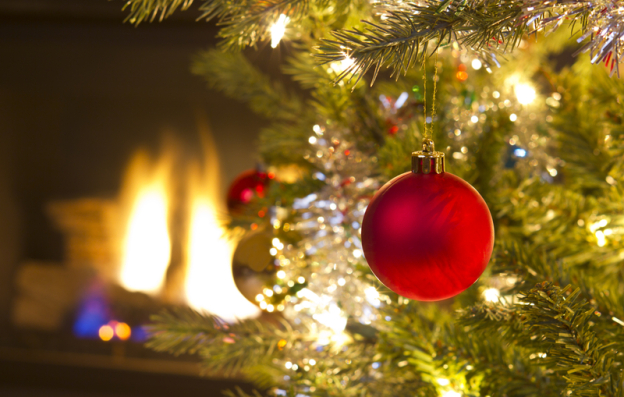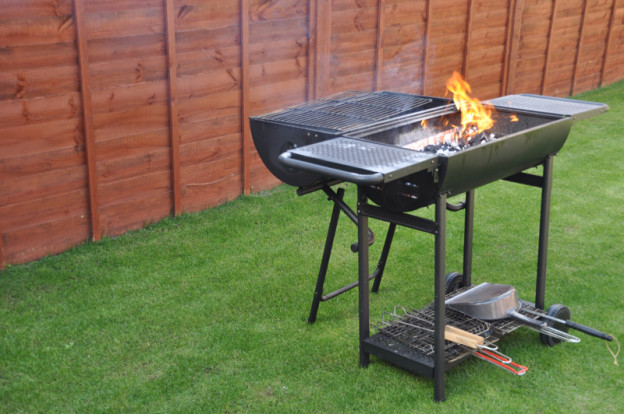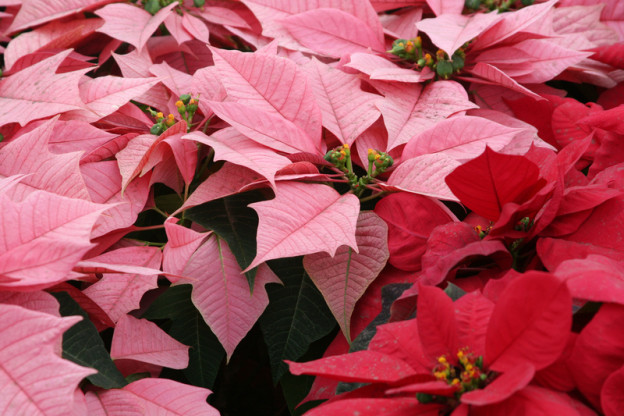
ROOFING TIPS FOR SUMMER




Winter holidays are a time for families and friends to get together. But that also means a greater risk for fire. Following a few simple tips will ensure a happy and fire-safe holiday season.
Holiday decoration fires are most likely to happen in the living room, family room or den. Almost half of all home decoration fires are started by candles. Half of holiday decoration fires happen because decorations are placed too close to a heat source. Blow out lit candles when you leave the room or go to bed. Turn off all light strings and decorations before leaving home or going to bed. See more of the National Fire Protections Association’s suggestions for winter holiday decorating and entertaining safety.

Here’s some great information about Home Maintenance that can go a long way to ensuring a clean home inspection.
ManageMyLife.com has some suggestions for home maintenance:

With barbeque season already here, homeowners should heed the following safety precautions in order to keep their families and property safe.
Propane grills present an enormous fire hazard, as the Consumer Product Safety Commission (CPSC) is aware of more than 500 fires that result annually from their misuse or malfunction. The following precautions are recommended specifically when using propane grills:
Charcoal grills pose a serious poisoning threat due to the venting of carbon monoxide (CO). The CPSC estimates that 20 people die annually from accidentally ingesting CO from charcoal grills. These grills can also be a potential fire hazard. Follow these precautions when using charcoal grills:
Electric grills are probably safer than propane and charcoal grills, but safety precautions need to be used with them as well. Follow these tips when using electric grills:
(read full article on InterNACHI)

The winter holidays are a time for celebration, and that means more cooking, home decorating, entertaining, and an increased risk of fire and accidents. InterNACHI recommends that you follow these guidelines to help make your holiday season safer and more enjoyable.

Develop a family action plan and share with everyone in your family, so you will know where to go if an evacuation is called. Review at least two exit routes from your home or neighborhood to a designated meeting place for your family. Plan ahead for your pets as many shelters will not accept them.
Create a disaster supply kit that will allow you to remain in your home after a disaster or for use after evacuating to a safer location. Be sure the necessities in your kit are fresh and restored every six months.
Stay tuned to radio, TV and NOAA Weather Radio for official updates and critical life saving weather information. Remember, reception is usually best if placed near a window.
Flooded roads could have significant damage hidden by floodwaters. Never drive through floodwaters or on flooded roads. Do not attempt to cross a flowing stream. It takes only six inches of fast flowing water to sweep you off your feet and two feet of water to move an SUV-sized vehicle.
If you live in a high wind area and do not have tested and code approved shutters for protection from windborne debris, temporarily protect your doors and windows by mounting exterior grade, 5/8″ minimum thickness plywood and fastening it into place. Visit www.flash.org for detailed instructions on how to use plywood for emergency board up.
Secure lawn furniture and any other loose outdoor items that can become windborne and can cause injury or damage during storms with high winds. Don’t forget trash cans, grills, toys and potted plants.
Use Surge Protective Devices (SPD) in your home to protect electronic appliances from all but the most severe electrical surges or direct strikes. The devices should be installed to afford the highest level of protection.
In wildfire prone areas, remove fine (dead grass, leaves, etc.) and coarse fuels (dead twigs, branches, etc.)within 30 feet of a building to create a survivable space in case of wildfire. Be sure to remove dry leaf and pine litter from roofs, rain gutters, decks and walkways.
Get free advice and learn more about disaster safety for your family and home by visiting the non-profit Federal Alliance for Safe Homes, Inc–Flash at www.flash.org or www.iccsafe.org consumer safety pages.

In a Yahoo.com article Deborah Glenn says, “So you’ve scored a mortgage, signed on the dotted lines and schlepped your stuff to your new digs. And then sometime soon, it’ll happen—the disaster that makes you wish your house came with an instruction manual. But never fear, these simple DIY skills will leave you ready to tackle the unexpected.”